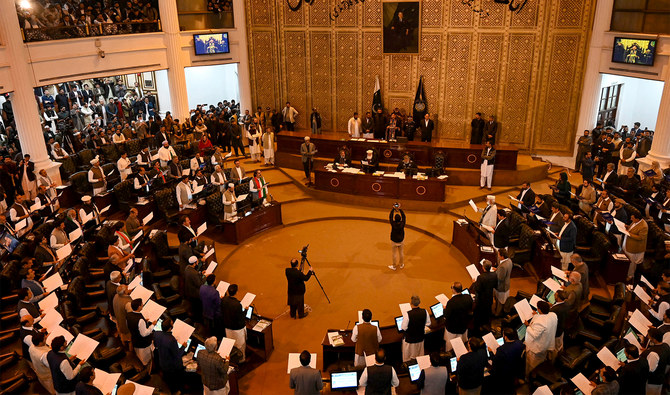Khyber Pakhtunkhwa’s Irrigation Department is burdened with liabilities exceeding Rs. 11 billion, while only Rs. 9 billion has been allocated in the budget. Out of this, Rs. 5 billion will go towards clearing liabilities, leaving the department with just Rs. 4 billion to manage its operations for the entire year.
This amount is insufficient not only to address future challenges like food security and access to clean water but also to meet current needs.
Khyber Pakhtunkhwa, being an integral part of Pakistan, is equally affected by the challenges posed by climate change. In the near future, issues like food security and access to clean water may become critical, yet no comprehensive plan seems to be in place to address these challenges.
Although some progress is being made in the agriculture sector at the governmental level, it is slow and insufficient. The government appears to be neglecting a key department—irrigation—which is directly linked to climate change and future challenges.
The previous PTI government in the province also failed to take the irrigation department seriously. Discussions about the Chashma Right Bank Canal project continue, but it appears the federal government has forgotten its commitment to provide Rs. 10 billion for the project.
Although the provincial government has allocated its share of the budget, completing the canal without federal support is impossible. It seems unlikely that the canal will be completed during PTI’s current tenure, and future governments may also fail to address it.
Khyber Pakhtunkhwa’s total land area is approximately 18.6 million acres, out of which 64% is uncultivable (barren), while 35% is arable. However, even within the 35% of arable land, only 36% is irrigated, while 64% relies on rainwater.
Without proper measures, rain-fed land could also become barren due to climate change, leaving the province with insufficient land to meet its agricultural needs.
KP’s irrigation Minister Aqibullah Khan explained that the Chashma Right Bank Canal could turn the southern districts into fertile lands, addressing the province’s food security challenges. He noted that the province currently produces only 30% of its wheat needs, relying on Punjab for the rest.
If the barren lands in the southern districts are cultivated, the province could become self-sufficient in wheat production. However, achieving this requires substantial funding, which the irrigation department lacks.The provincial irrigation minister criticized the federal government for not releasing the promised Rs. 10 billion for the Chashma Right Bank Canal project.(CRBC)
The minister also emphasized the importance of building small dams, which could not only improve the water table but also store water in reservoirs—an urgent need for the province. He revealed that approximately Rs. 200 billion worth of water is wasted annually in the province. While some dams have been constructed, they lack proper storage facilities. Globally, underground reservoirs are common, but implementing such solutions requires significant funding.
He added that three small dams have already been completed, and five more will be finished in the next three months. Despite limited resources, efforts are being made to address future challenges. However, the lack of sufficient budget is hindering progress on essential projects.
This situation highlights how critical sectors like water management are severely affected by inadequate funding. These sectors are crucial not only for economic growth but also for ensuring food security, providing clean water, and mitigating the effects of climate change.
Delays in vital projects due to funding shortages could exacerbate future crises. As Pakistan faces challenges such as climate change, population growth, and limited natural resources, addressing these issues with urgency is imperative.


